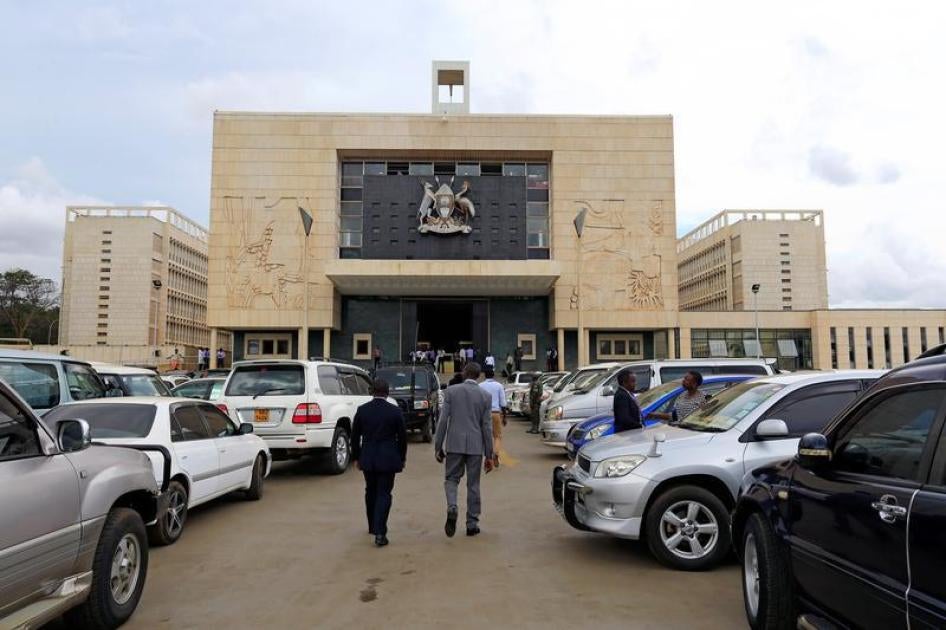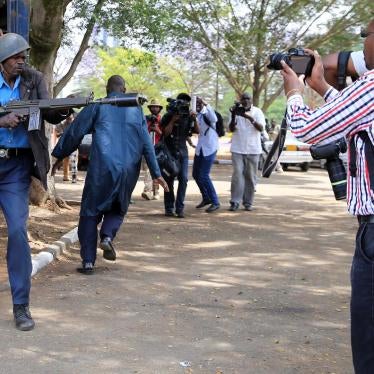This weekend the Ugandan government began to implement a troubling new set of tax rules requiring social media users – including of popular apps like WhatsApp, Twitter, and Facebook - to pay a daily fee of 200 Ugandan Shilling (US$0.05). The levy will be collected through mobile money services run by local telecom companies, for which the new law – passed by Uganda’s parliament back in May – also imposes a 1 percent tax for every transaction.
The government claims the taxes will raise revenue for the benefit of everyone in the country, but the new fees actually appear to be just another way for authorities to stifle free speech. Both government critics and the media in Uganda have been silenced through intimidation by security forces, while online public debate has also faced a clampdown, like when the government tried to block all access to social media during the elections and the subsequent inauguration of President Museveni in 2016.
Uganda guarantees the rights to freedom of speech, association, and access to information in its own laws and is a party to several international treaties that also provide key protections. But if strictly implemented, these new tax rules will mean many Ugandans, 27 percent of whom live on less than US$1.25 a day, will not be able to exercise these rights via social media, which will become much less accessible.
This is especially significant in a country where more and more people are turning to social media to communicate their dissatisfaction with the government, as well as using it to organize peaceful protests. Certain groups in Uganda, such as the hearing impaired, also rely on social media to access services and information they wouldn’t ordinarily be able to.
Taxing anyone to use social media is an affront to their basic human rights. Uganda can try to dress up this draconian new tax as a benefit, but in reality it is just another clumsy attempt to stamp on free speech.









